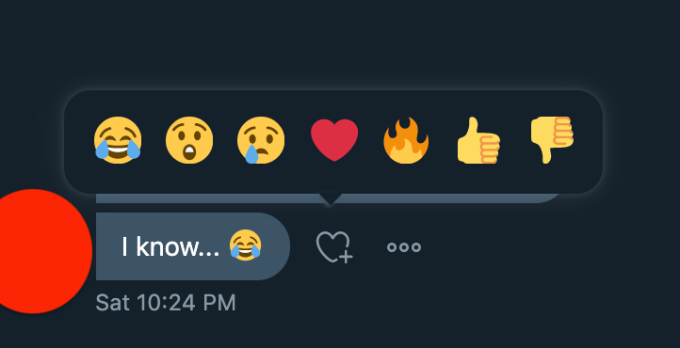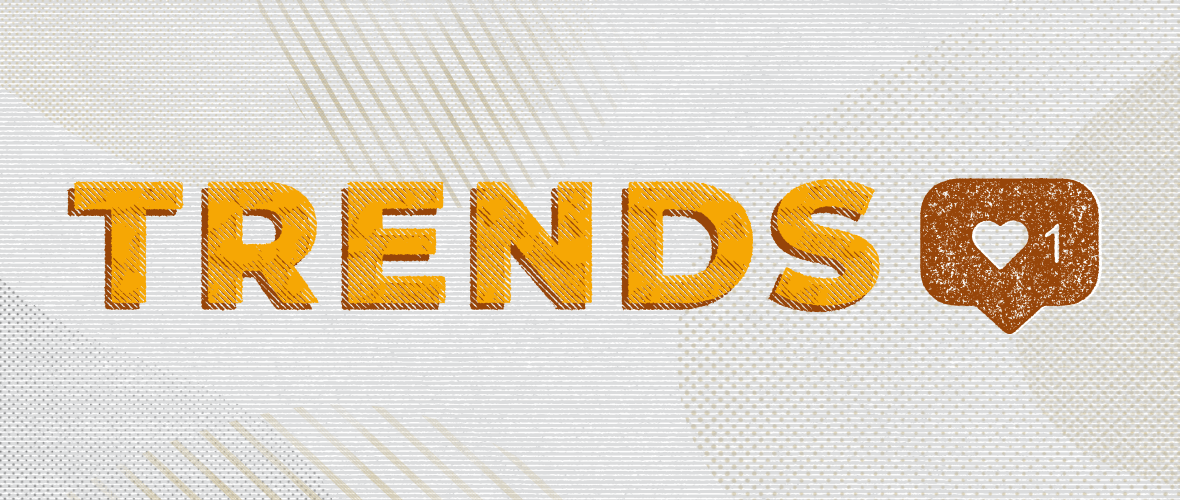What’s MGHappening in Social Media: Feb. 5, 2020

Recode – Facebook has agreed to pay $550 million to settle a 2015 class action lawsuit related to the company’s use of facial recognition technology. In 2010, Facebook had rolled out a feature that suggested tags for people it identified in users’ photos. While that feature may have been helpful for some, it also happened to be a possible violation of Illinois’ 2008 Biometric Information Privacy Act. The law – which happens to be the strongest of its type in the country – mandates that businesses get permission before collecting biometric data. Facebook claimed for years that it did nothing wrong, but rather than risk a billion-dollar settlement in civil court, the company elected to settle for nearly half that. The suggested tags tool was discontinued in 2019 when an attempt to have this civil suit thrown out was rejected. (Full Story)
The Verge – Facebook has been gradually introducing its independent oversight board, a 40-member team that will serve as a “Supreme Court” for content moderation. The idea was announced several months ago and Facebook is now saying it will likely begin hearing cases this summer. At launch, Facebook is placing a surprising restriction on the board, saying it will initially only decide on posts that were removed in error – not what bad posts should come down. The board will also serve an advisory role on overall platform policies and is expected to weigh in on Facebook’s decision not to ban misleading political ads. (Full Story)
The Verge – Facebook has instituted a stance on coronavirus, saying it will remove false claims and conspiracy theories about the topic if it risks causing harm to people who believe them. The policy applies across both Instagram and Facebook and includes misinformation about fake cures or prevention methods. (Full Story)

TechCrunch – Twitter has added a new option to its messaging interface that allows users to react to both text and media. By double tapping on a message or by selecting the ♥+ icon, users will be presented with a selection of emojis that can be used to react to a message that has been received. While a small change to Twitter overall, this new addition brings the platform’s messaging product more in line with iMessage and Facebook Messenger, which have had similar reaction capabilities for years. (Full Story)

CNET – Twitter is rolling out a tool that lets users report misleading information on the 2020 U.S. election. The move is opposite the stance taken by Facebook to allow ads of this nature to run unregulated and places more power in the hands of the users. People can report content they believe includes false information on where or how to vote or register to vote. They can also call out content that "intends to suppress or intimidate someone from voting," as well as anything claiming a false affiliation with or impersonating a candidate, elected official, political party or government entity. (Full Story)

Social Media Today – Following a similar announcement from Twitter, Instagram has started testing emoji reactions for direct messages. The feature is currently only available as part of an internal test mode for employees, while non-employees will maintain the ability to react to messages with a ♥. This addition also makes sense with regard to fully integrating Facebook Messenger, Instagram Direct, and WhatsApp, as Messenger already provides the reactions option. (Full Story)
Instagram is working on Reactions for Direct Messages
— Jane Manchun Wong (@wongmjane) January 30, 2020
Currently, “non-employees can only see the ❤️ reaction”
Facebook’s Tech Comms Manager @alexvoica confirmed this unreleased feature and this is “something they’ve been testing for a few days” pic.twitter.com/EzVWfA6Doo
Insider – Instagram has removed the IGTV button from the header of its main app, a move that the company says is just one in a series of changes aimed at making the long-form video portion of the app easier to use. The IGTV interface has not gained tremendous popularity since launch, and the company has found that most people find IGTV videos through previews in the feed, channels in Explore, and creators’ profiles. As very few people ever tapped on the IGTV logo, it is being removed. The company has also made a few other changes to improve usability, including allowing IGTV videos to be uploaded to the same place as other posts, and the introduction of IGTV series. (Full Story)
TechCrunch – Last fall, Spotify launched a feature in beta called Canvas that allows artists to replace the album art that appears when a song is playing with a moving, visual experience that plays in a short loop. Now, the thousands of artists in the Canvas beta will be able to share their looping videos to Instagram with just a tap. The post will look like a regular Spotify share, with cover art and a link to play the track on Spotify, however the looping video will be the backdrop to the Story. In addition, Spotify has recently launched in-app Stories for artists to connect with fans. Despite this, the platform does not aim to become a new social platform, but rather to build tools that aid artists in discovery and fan engagement. (Full Story)

TechCrunch – Snapchat and NBC Olympics are teaming up to provide U.S. users with customized Olympics content for the 2020 Tokyo Olympics this summer. The two companies have worked together for the past two Olympic games (2016 and 2018) to reach cord-cutting viewers who aren’t watching the Olympics through traditional channels. 95% of those reached through this partnership are under 35 years old. Snap plans to release more than 70 episodes across four daily shows leading up to and during the 2020 games. That’s triple the number of episodes it offered in 2018. (Full Story)

The Verge – Content moderators for YouTube are being ordered to sign a document acknowledging that performing the job can cause post-traumatic stress disorder (PTSD), according to interviews with employees and documents obtained by The Verge. The documents were distributed on December 20, four days after an article investigating PTSD among these workers was published. While these documents are designed to protect the third-party company that moderates content, they also promote the wellness services the company provides to mitigate these issues. (Full Story)

The Verge – A new app from the co-creator of Vine, Dom Hoffman, has just been released as a new looping short-form video platform called Byte. Hoffman has been working on a successor to Vine for several years, and while it has been available in beta form for some time, the Friday release came as a surprise announcement. Byte’s entry to the market comes as similar short-form video platform TikTok is exploding in popularity, making it the newcomer’s biggest competition. On launch day, Byte announced that they will be introducing a partner program in the near future to compensate creators. (Full Story)





